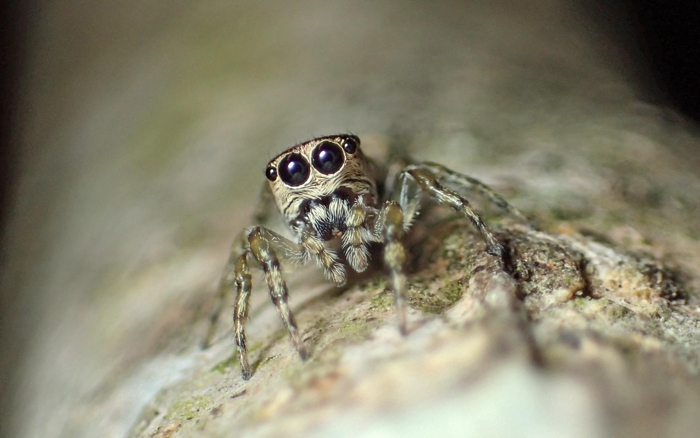There are now 50,000 known different species of spider crawling the Earth, the World Spider Catalog (WSC) announced Wednesday – and there might be another 50,000 out there.
The WSC, based at the Natural History Museum of Bern in the Swiss capital, said the 50,000th spider registered is the Guriurius minuano, which belongs to the Salticidae family of jumping spiders and hunts its prey on shrubs and trees in southern Brazil, Uruguay, and around Buenos Aires.
It was described by the arachnologist Kimberly S. Marta and her colleagues from Brazil, and is named after the now-extinct Minuane people who lived in the area.
The first scientific description of a spider was in 1757, and while it has taken 265 years to reach 50,000, the rate of discovery is steadily increasing, and it is thought it could take less than 100 years to discover the same number again.
 Female Guriurius minuano. (Damián Hagopián)
Female Guriurius minuano. (Damián Hagopián)
"We estimate that there are still approximately 50,000 more spider species out there to discover," said the WSC's publishers.
The spider catalogue is freely available on the museum's website.
"Spiders are the most important predators in Earth's terrestrial habitats, and their ecological significance should not be underestimated," the museum said.
"Consuming some 400 to 800 million tonnes of insects every year, they are the most important regulators of insect populations. Accordingly, they are also of fundamental importance to humans."






No comments:
Post a Comment